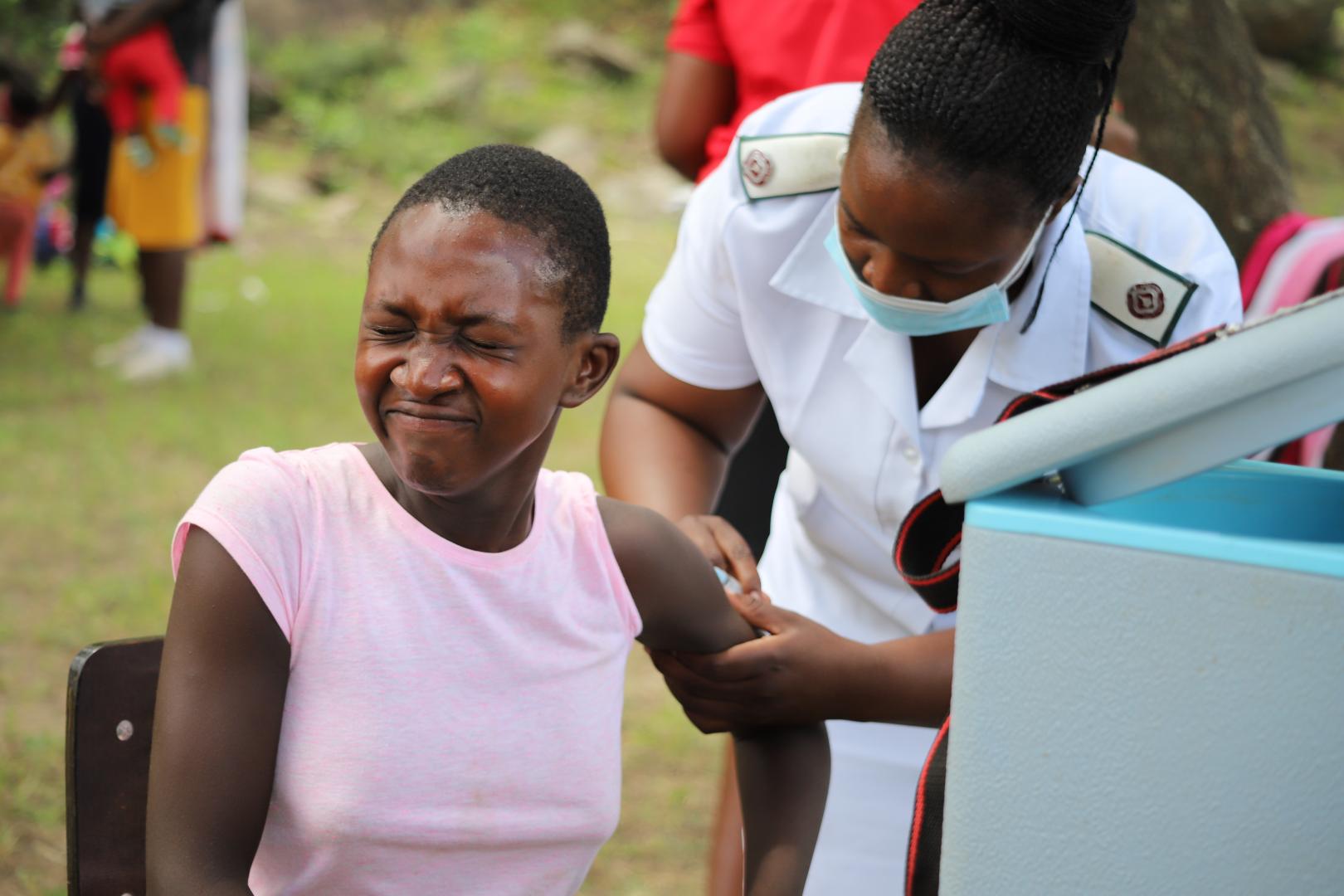For long the world has considered measles a childhood illness. Vaccination has generally targeted young children to prevent them from developing those characteristic symptoms of red rashes, high fever and cough.
Measles is caused by the measles virus, a highly contagious pathogen that spreads through droplets from the respiratory organs when an infected person coughs, sneezes, or even talks.
The disease is so contagious that one infected person can infect 90% of unvaccinated individuals nearby. And it typically affects children, which explains the reason for the stereotype.
Globally, there were more than nine million cases—and over 136,000 measles-related deaths—in 2022, with most fatalities recorded among children under the age of five, according to the World Health Organisation.
However, outbreaks in Europe, North America, and Africa have confirmed that measles can also affect teenagers and adults, particularly those who have never been vaccinated or those with weak immunity.
Where the disease is known to occur disproportionately among children in regions with low access to vaccination, public-health researchers also observed the disease among teenagers and adults who either skipped vaccination or only received one dose.
This has led health authorities in several countries to recommend catch-up vaccination campaigns for adolescents and adults, especially during outbreaks. For instance, during the 2019 resurgence in the United States, the majority of infected individuals were unvaccinated adults or children too young to be vaccinated.
Treatment
Measles presents severe complications among its victims. While most people recover within two to three weeks, some develop terminal issues such as pneumonia, encephalitis (swelling of the brain), or severe diarrhoea.
Patients are typically advised to rest, drink plenty of fluids, and manage symptoms with fever-reducing medications.
The World Health Organisation recommends vitamin A supplements for children with measles, as these can dial back the severity of the disease and lower the risk of death. Sometimes hospitalisation may be required to address complications such as pneumonia or encephalitis.
Can measles be prevented?
Measles is one of the most preventable infectious diseases in the world, thanks to the surfeit of vaccines. The MMR vaccine has been credited with saving more than 21 million lives around the world since 2000. It protects against measles and mumps and provides lifetime protection after administration.
Outside of vaccination, avoiding contact with infected individuals is also crucial, since the disease is highly contagious. Periodic campaigns and public awareness are helping to close immunity gaps and ensuring outbreaks are nipped in the bud before they prevail.
Conclusion
While toddlers remain most vulnerable, suffering the highest death tolls during outbreaks, measles is by no means limited to only childhood. Teenagers, adults, and pregnant women can also experience severe consequences if unprotected. Despite its severe complications associated with it, the disease is largely preventable—especially if vaccination is targeted at all age brackets.
Summary not available at this time.






